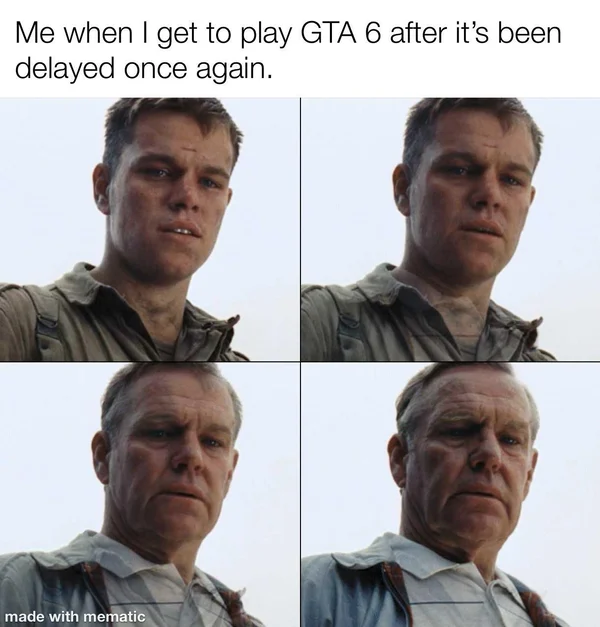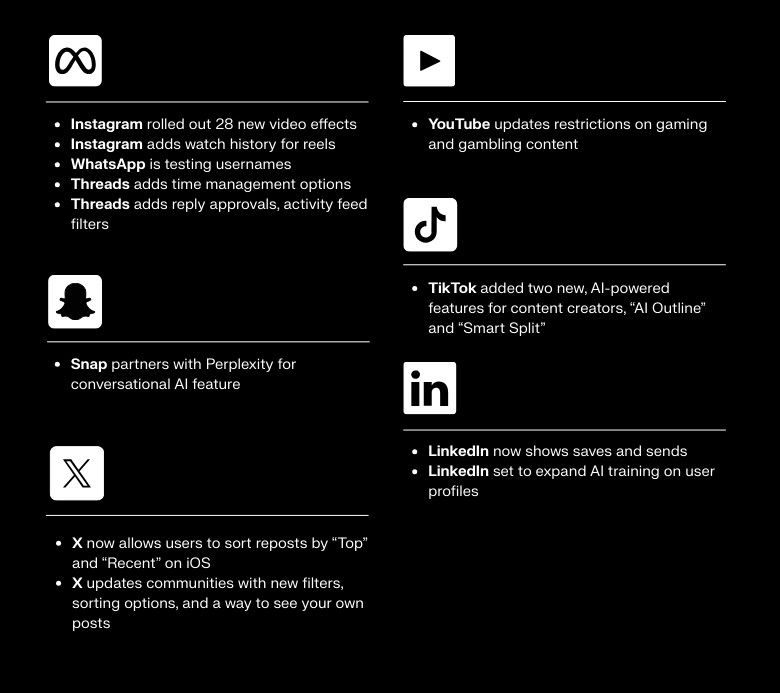Anthropic ahead of OpenAI when it comes to turning a profit
State of Play: Anthropic is on track to break even by 2028, putting it ahead of OpenAI, which now expects rising operating losses by 2030. The gap reflects divergent strategies: OpenAI is committing to massive chip and data-center spending, with long-term obligations reaching $1.4 trillion, while Anthropic is keeping costs tied to revenue and focusing on enterprise clients over expensive model categories.
Why it Matters: While OpenAI dominates headlines and ChatGPT has become synonymous for LLM chatbots, Anthropic, considering its size, wins more B2B clients, emerging as a leading player in the field of how companies should think about building or buying internal AI systems. As AI brings more capabilities and costs, the winners will be the organizations that invest in internal AIs that genuinely improve workflows while outsourcing slow and expensive processes.
Bluesky reaches 40 million users
State of Play: Bluesky has surpassed 40 million users, showing significant growth. The platform announced it will soon start testing “dislikes”, a feature that is supposed to improve feed relevance, reply ranking, and reduce toxic content. The platform is also mapping “social neighborhoods” to prioritize conversations from people you interact with, aiming to fix the context-collapse problems seen on X and Threads.
Why it Matters: While constantly growing, Bluesky remains a small competitor to platforms like X (around 500M users) and Threads (around 400M users). Generally, platforms like YouTube, Facebook, TikTok, Instagram, and WeChat remain dominant, while Bluesky and Mastodon have not yet achieved critical mass. For communicators tracking user numbers, platform trends, and community migration across channels, this remains crucial, just as it is equally important to avoid overinvesting in new platforms without a clear strategic rationale.
Musk launches Grokipedia
State of Play: To expand his range of AI products, Elon Musk launched his version of an online encyclopedia. Grokipedia is an AI-powered encyclopedia supposed to be less biased than Wikipedia due to a built-in, AI-backed fact check. Wikipedia contributors, however, pushed back, noting not only that Grokipedia had copied extensive content from Wikipedia, but also that what Musk considers “neutral” often aligns with a right-wing perspective.
Why it Matters: Grokipedia reflects how quickly the idea of “trusted information” is changing. As AI-generated reference tools appear with limited transparency or community oversight, audiences may rely on information that is harder to verify. On Grokipedia, many articles, including those about companies, are generated by AI, which has at times produced inaccurate citations and unnecessary details. The platform introduces new considerations for communications professionals and increases the need for robust AI-related content management.
Former investment bankers help train OpenAI models
State of Play: OpenAI has hired more than 100 former investment bankers to train their new system “Project Mercury” which is intended to reduce the extensive Excel modeling and presentation work that occupies many junior banking hours. Paid $150 per hour, former analysts from leading Wall Street firms are creating real-world financial models that feed directly into OpenAI’s training pipeline.
Why it Matters: The effort shows how urgently OpenAI is working to turn its technology into practical enterprise tools as AI begins to replace some of the industry’s most time-consuming tasks. For companies of all kinds, this signals that highly specialized work dependent on specific knowledge is no longer off-limits to automation, including large portions of tasks associated with standardized processes such as IPOs and M&A transactions.
Tech companies start to comply with Australia's teen social media ban
State of Play: Australia is rolling out the world’s first age ban on social media accounts for anyone under 16. Meta has already started sending two-week warnings to thousands of young users to save their data before access is cut on Dec 4. Platforms face fines up to $32 million if they fail to block underage accounts, relying on imperfect age-verification tools like video selfies.
Why it Matters: Australia’s ban is the first real stress test of whether platforms can verify ages at scale and what happens when governments require them to do so. As tech companies race to assemble age-verification tools that still do not fully work, we are seeing the start of a new phase of platform governance, one in which access itself becomes tightly controlled. For anyone trying to reach young people online, this means stricter limits, more sign-in friction, and a rapidly changing environment for visibility and engagement.
Jack Dorsey backs Vine revival
State of Play: A new app called diVine is launching with backing from Twitter co-founder Jack Dorsey, reviving Vine's six-second looping video format along with an archive of around 150,000–200,000 restored videos. Built on the decentralized Nostr protocol, the app allows users to upload new content, but suspected AI-generated videos will be flagged and blocked from posting.
Why it Matters: Growing fatigue with algorithm-driven, AI-saturated social media and a desire for authentic, human-created content are driving demand for platforms like diVine. For communicators, this signals a potential countertrend: audiences seeking genuine community engagement over optimized virality. DiVine’s focus on verified human content highlights emerging expectations for transparency and authenticity that could shape platform strategies.
Grand Theft Auto VI postponement sparks viral memes
State of Play: The release of open-world action game GTA VI has been postponed again, this time from May to November 2026. the delays have become a viral meme, from “me and the boys at 73 finally booting up GTA 6” to entire X and reddit threads mourning their lost youth. Meanwhile, the games’ predecessor, GTA V, remains the second best-selling game of all time and continues generating significant revenue 13 years after launch.
Why it Matters: The delay represents broader trends in entertainment production: rising complexity, higher costs, and growing pressure to avoid crunch culture. Rockstar, the studio behind the Grand Theft Auto series, previously faced scrutiny over its workplace practices after dismissing 30 employees who had accused the company of attempting to prevent unionization.
 Meme by Regular_Highlight_68, as seen on reddit.com
Meme by Regular_Highlight_68, as seen on reddit.com



